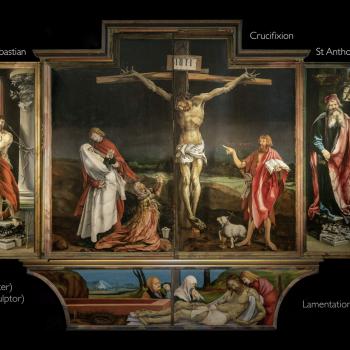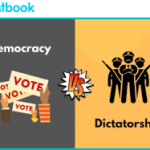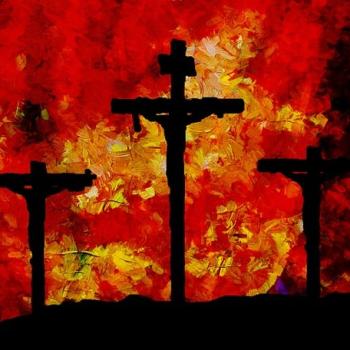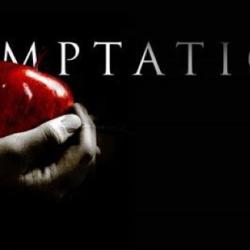The heart of the book is a conversation between Lee, Samuel, and Adam, dissecting sixteen verses of Genesis—from where Cain and Abel bring offerings through God's reaction after Cain has murdered his brother. This centerpiece serves to set our expectations about love, free will, good and evil, truth seeking, and God's relationship with each character.
Big themes. East of Eden is big enough to handle it.
The story progresses on to Adam's twin sons, Aron and Caleb. Again we see a dreamy, sensitive boy in Aron contrasted with a darker, more passionate counterpart in Caleb. The difference is that each has been shown more love than the boys we saw in the beginning of the story. Not a perfect love by any means, but enough to prompt great internal struggles over choosing good versus evil. In the end, we are shown a great and heroic theme of hope and free will that is life affirming and should put readers in mind of how these themes are continually echoed from generation to generation in Genesis.
The book can be difficult to read at times—Steinbeck does not allow the reader to look away from the great evil people can do each other—but never enough to derail the story. He simply tells the truth, which is always cheated when watered down.
And my father became very Chinese then. He said, "There's more beauty in the truth even if it is dreadful beauty. The storytellers at the city gate twist life so that it looks sweet to the lazy and the stupid and the weak, and this only strengthens their infirmities and teaches nothing, cures nothing, nor does it let the heart soar."
Steinbeck began planning East of Eden after finishing The Grapes of Wrath, but over thirty years passed before Eden was written. Part memoir and partly for his sons, the greatest part by far serves to tell the truth about human beings:
We have only one story. All novels, all poetry, are built on the never-ending contest in ourselves of good and evil. And it occurs to me that evil must constantly respawn, while good, while virtue, is immortal. Vice has always a new fresh young face, while virtue is venerable as nothing else in the world is.
Truer words were never spoken. They are ably illustrated by this masterpiece, which has stood the test of time.
If East of Eden makes you want to dig into Genesis a bit more, allow me to suggest Robert Alter's Genesis: Translation and Commentary from 1996. A Professor of Hebrew and Comparative Literature at Berkeley, Alter has completely re-translated Genesis. His sources are broad ranging, dating back to medieval Jewish writers among others. The result is a translation retaining the original vivid meaning and power of the Hebrew, while being imbued with fluent readability. His commentary sheds new light on all the possibilities that the Hebrew carries within it. The result for me was that Genesis came alive in a way I could not imagine possible before. I cannot recommend it highly enough.
Either book may leave you as surprised and enriched as it did me. Be careful though. Your enjoyment may leave your friends and well-wishers flush with success and ready to promote another great book. My daughter has lately hooked me up with Silas Marner. I'll let you know how it goes.
To hear the discussion that couldn't be avoided, listen to Julie Davis and Scott Danielson on Episode 15 of A Good Story is Hard to Find podcast.





